Egg Freezing
What is egg freezing?
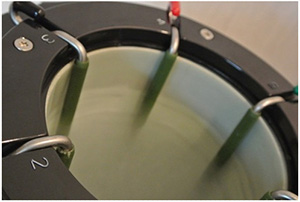
A woman’s chance of conceiving naturally falls as she gets older because the quality and number of her eggs drop. Egg freezing is an attempt to preserve a woman’s fertility by freezing the eggs when she is young and the eggs are of higher quality, so she can try to have a family at a later date. It involves collecting a woman’s eggs, freezing them and then thawing them later on when the woman is ready to become pregnant. The thawed eggs can be fertilized, thus creating embryos for transfer to the womb. The aim is that the embryo(s) will develop into a baby / babies.
Who may want to consider egg freezing?
-
Cancer patients whose treatment will destroy the ovaries;
-
Patients who need surgical or other treatments for a medical disease that will destroy the ovaries;
-
Healthy women who may wish to preserve their fertility by storing eggs when they are young.
What does egg freezing involve?
(I) Ovarian Stimulation
In order to collect more eggs, fertility drugs are used to stimulate the ovaries. There are different stimulation protocols. The most commonly used is the antagonist protocol.
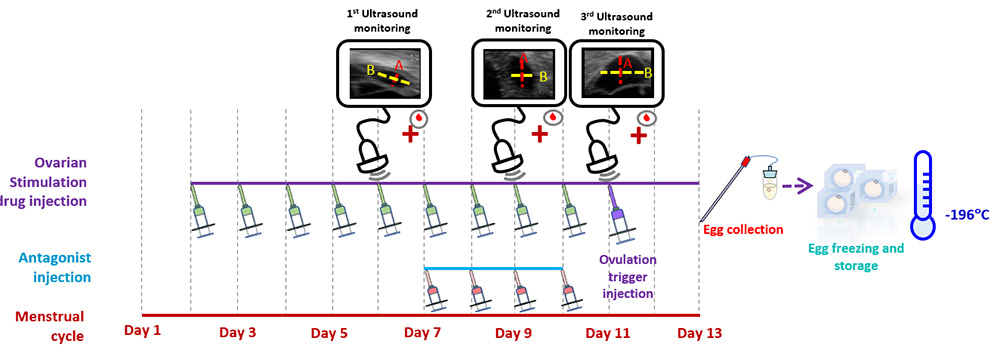
* Duration of ovarian stimulation drug injection depends on ovarian response
 scroll right to see more
scroll right to see more
This diagram shows the timeline of a typical antagonist protocol: the woman takes daily hormone injections in the beginning of her cycle to boost follicle or egg growth. Another injection drug, known as an antagonist, is added in the latter part of the stimulation period to prevent the eggs from being released too soon. The woman needs ultrasound scans and blood tests to monitor the growth of the follicles. When the eggs are ready, an ovulation trigger injection is given to complete the final maturation of the eggs and egg collection can be arranged.
Other less commonly used protocols include: |
Long protocol |
Short protocol | |
Minimal stimulation protocol | |
Random start protocol | |
Double stimulation protocol |
(II) Egg Collection
The egg collection procedure is performed under ultrasound guidance. An ultrasound probe is inserted into the vagina to identify the follicles. A thin needle is then inserted into an ultrasound guide to go through the vagina and into the follicles. The follicular fluid is aspirated and collected into a collection tube. An embryologist then examines the follicular fluid under a stereomicroscope to collect the eggs.
The procedure takes around 30-45 minutes. It is a painful procedure, and therefore anaesthesia is given. The woman can go home after resting in our centre for a few hours, and can return to work the next day.
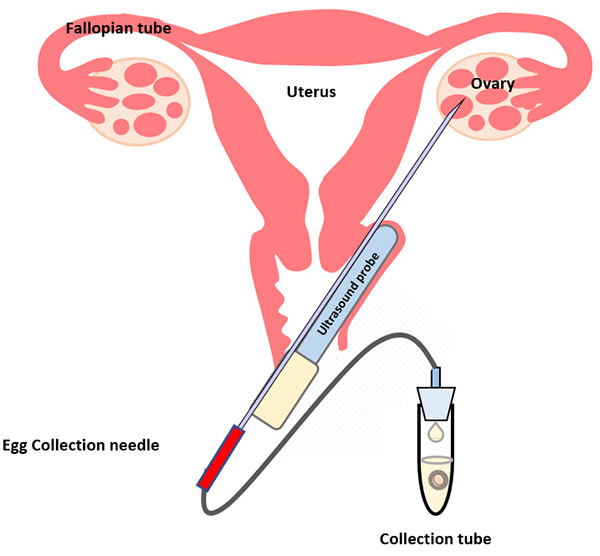
 scroll right to see more
scroll right to see more
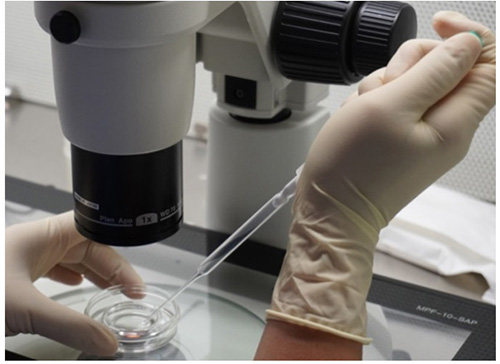
An embryologist examines the follicular fluid under a stereomicroscope to collect the eggs.
(III) Egg Freezing
The eggs are evaluated by the embryologists to determine if the eggs are mature. Eggs that are mature will be frozen. The immature eggs are cultured for an additional day, and will then be frozen if they become mature. Eggs that are still immature after an additional day of culture are discarded.
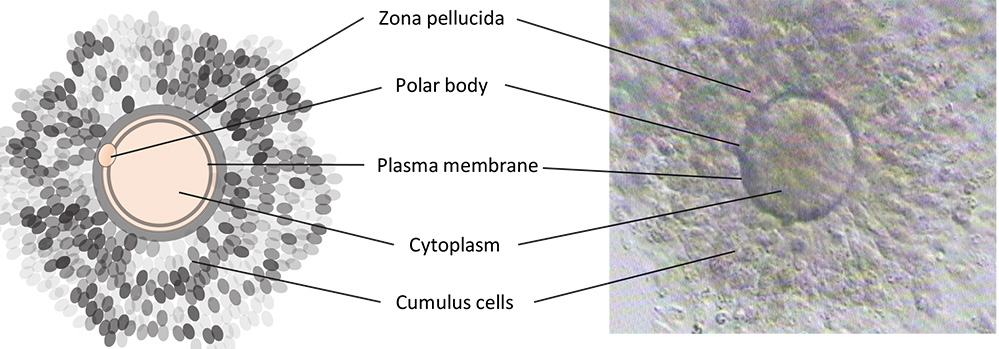
 scroll right to see more
scroll right to see more
Egg Denudation Procedure:
The cumulus cells are removed and the maturity of the eggs are assessed by embryologists. Mature eggs are frozen and stored.
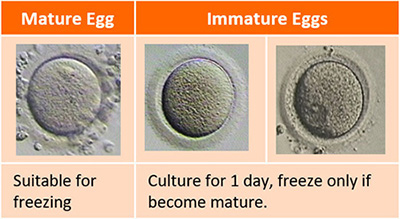
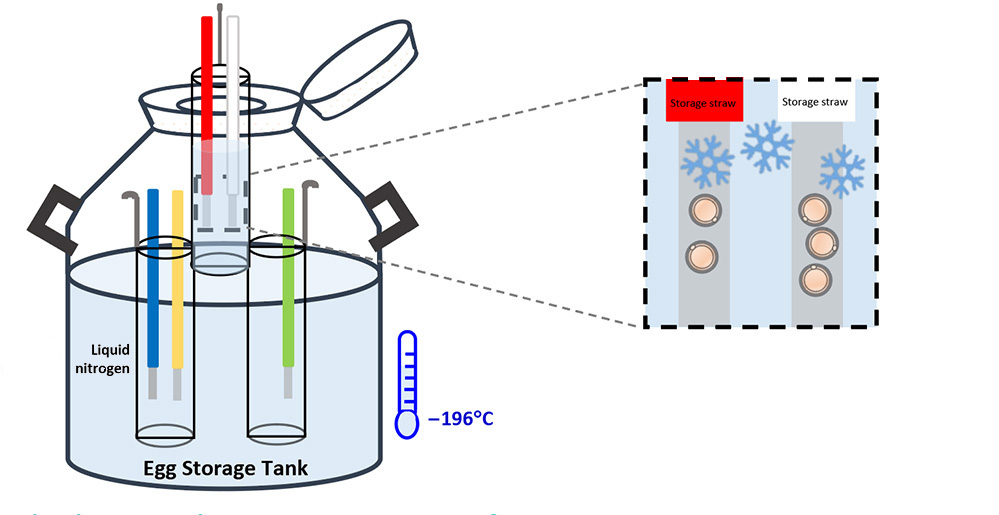
In HKARC, the eggs are frozen by vitrification (rapid freezing)
and stored in liquid nitrogen tanks. The vitrification method
has a higher egg survival rate compared to the old-fashioned
slow freezing method, and has therefore become the
preferred method for egg freezing nowadays.
 scroll right to see more
scroll right to see more
What happens when the woman want to use her eggs?
When the woman is ready to have a baby, the eggs are thawed and used in In-vitro Fertilization (IVF) treatment. The thawed eggs must be fertilized using a technique called intracytoplasmic sperm injection (ICSI) whereby a single sperm is injected into an egg to assist fertilization, as the freezing process makes the outer coating around the eggs tougher and sperm may not be able to penetrate it naturally under IVF. The resulting embryo(s) will be transferred to the woman's womb. The aim is that the embryo(s) will develop into a baby / babies.
In Hong Kong, when the woman wishes to use her stored eggs for IVF treatment, she must be legally married and infertile.
How long can the eggs be stored for?
Currently if a woman is storing eggs for social reasons, the eggs can only remain in storage for up to a maximum of 10 years. Women in certain circumstances, such as cancer patients, can store their eggs for 10 years or up to when they are 55 years old, whichever is later.

 scroll right to see more
scroll right to see more
When should a woman freeze her eggs?
The stored eggs may not bring about a pregnancy. The age at which a woman freezes her eggs is key to her chance of eventually having a baby. Doctors say the best time is during her 20s and early 30s, as the quality of her eggs declines after the age of 35. But if a woman freezes her eggs when she is 20, she is less likely to ever need to use them because she may conceive naturally. Secondly, she will only be able to use them in IVF treatment up until she is 30. On the other hand, if she freezes your eggs in her late 30s, her fertility and ovarian reserve are already in decline. She may have less eggs collected in any cycle and her chance of these eggs leading to a successful pregnancy is lower. She may therefore need more than one cycle of treatment to collect the preferred number of eggs for storage so as to increase her chance of having a child or children from the stored eggs in the future. The optimum time to consider egg freezing is between 30 to 40 years of age.
10-year Egg Storage Scheme